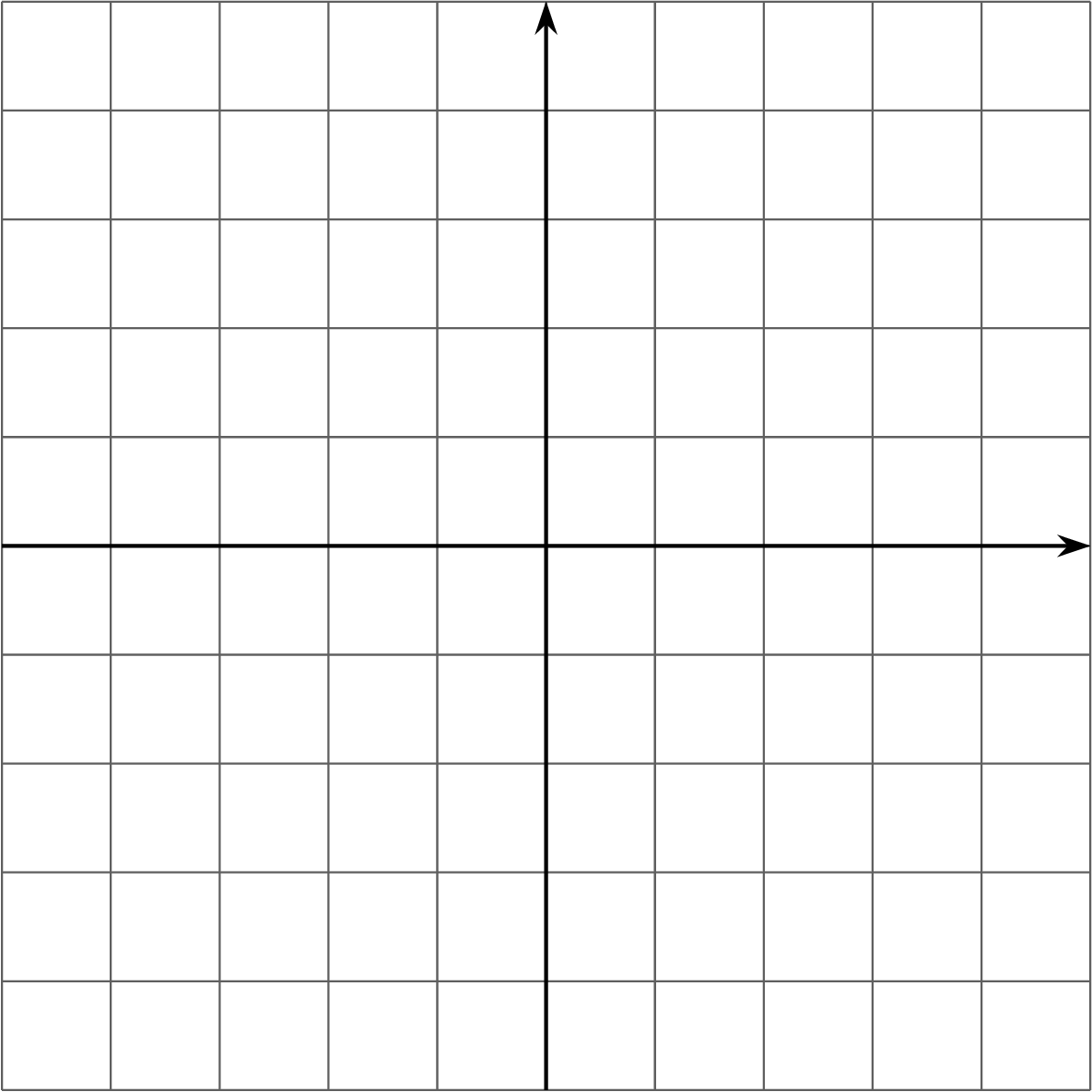Lesson 2
Statistical Questions
Problem 1
Sixth-grade students were asked, “What grade are you in?” Explain why this is not a statistical question.
Solution
For access, consult one of our IM Certified Partners.
Problem 2
Lin and her friends went out for ice cream after school. The following questions came up during their trip. Select all the questions that are statistical questions.
How far are we from the ice cream shop?
What is the most popular ice cream flavor this week?
What does a group of 4 people typically spend on ice cream at this shop?
Do kids usually prefer to get a cup or a cone?
How many toppings are there to choose from?
Solution
For access, consult one of our IM Certified Partners.
Problem 3
Here is a list of questions about the students and teachers at a school. Select all the questions that are statistical questions.
What is the most popular lunch choice?
What school do these students attend?
How many math teachers are in the school?
What is a common age for the teachers at the school?
About how many hours of sleep do students generally get on a school night?
How do students usually travel from home to school?
Solution
For access, consult one of our IM Certified Partners.
Problem 4
Here is a list of statistical questions. What data would you collect and analyze to answer each question? For numerical data, include the unit of measurement that you would use.
- What is a typical height of female athletes on a team in the most recent international sporting event?
- Are most adults in the school football fans?
- How long do drivers generally need to wait at a red light in Washington, DC?
Solution
For access, consult one of our IM Certified Partners.
Problem 5
Describe the scale you would use on the coordinate plane to plot each set of points. What value would you assign to each unit of the grid?
- \((1, \text-6)\), \((\text-7, \text-8)\), \((\text-3, 7)\), \((0, 9)\)
- \((\text-20, \text-30)\), \((\text-40, 10)\), \((20, \text-10)\), \((5, \text-20)\)
- \((\frac {\text{-}1}{3},\text-1), (\frac{2}{3}, \text-1 \frac13), (\frac {\text{-}4}{3},\frac23), (\frac16, 0)\)

Solution
For access, consult one of our IM Certified Partners.
(From Unit 7, Lesson 13.)Problem 6
Noah’s water bottle contains more than 1 quart of water but less than \(1 \frac{1}{2}\) quarts. Let \(w\) be the amount of water in Noah’s bottle, in quarts. Select all the true statements.
\(w\) could be \(\frac{3}{4}\).
\(w\) could be 1.
\(w > 1\)
\(w\) could be \(\frac 4 3\).
\(w\) could be \(\frac 5 4\).
\(w\) could be \(\frac 5 3\).
\(w > 1.5\)
Solution
For access, consult one of our IM Certified Partners.
(From Unit 7, Lesson 9.)Problem 7
Order these numbers from least to greatest:
\(|\text-17|\)
\(|\text-18|\)
-18
\(|19|\)
20
Solution
For access, consult one of our IM Certified Partners.
(From Unit 7, Lesson 7.)